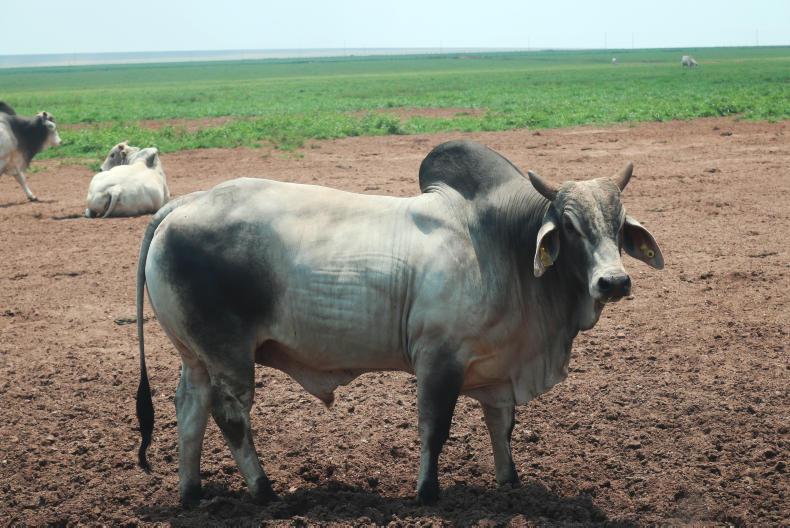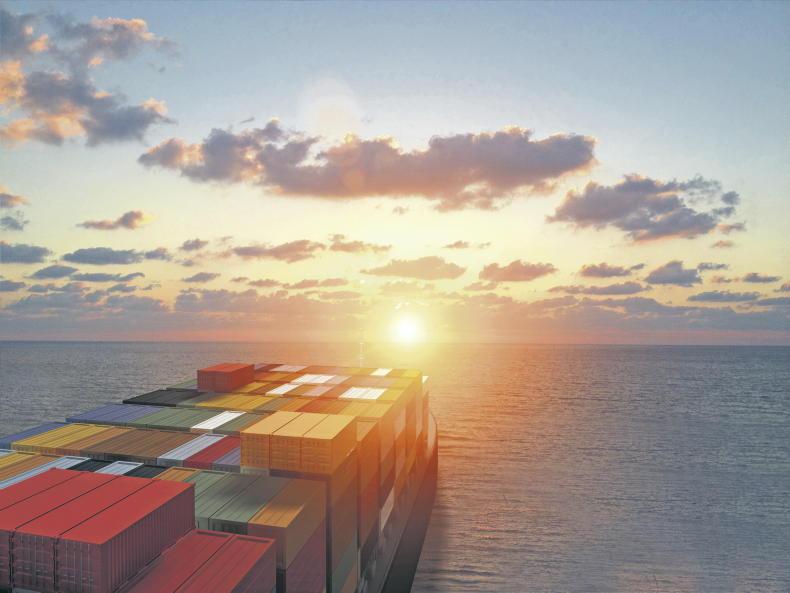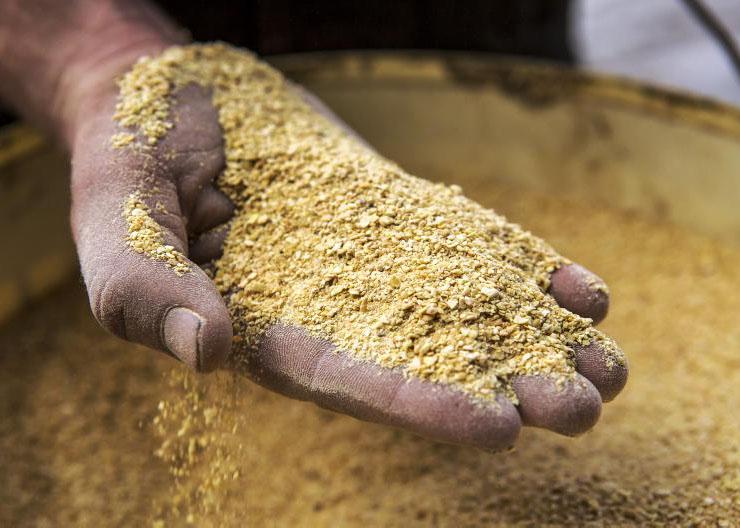Local farming representatives have hit out at the trade deal announced between the Mercosur group of countries (Brazil, Argentina, Uruguay and Paraguay) and the EU last Friday.
Coming after 20 years of negotiation, the comprehensive trade agreement will eventually allow south American countries to import to the EU an extra 99,000t of beef each year at a reduced tariff rate of 7.5%. They can also import 180,000t of duty free poultry annually, and 25,000t of pigmeat at a reduced duty rate of €83/t.
As yet, it is not clear what cuts might be involved – for beef, if the agreement gave significant volumes of steak cuts, it would have a particularly negative impact.
The deal must also be approved by the European Council of Ministers and European Parliament, so it could be a couple of years before it is finalised. After that, the trade quotas and tariffs will be gradually phased in over a period of years.
In return for access to its market for the likes of beef, poultry and pork, EU exporters will be given a quota for 30,000t of cheese duty-free, plus some access for milk powder and infant formula. However, the overall benefit to the European dairy industry is modest.
The big winners are EU car manufacturers, who will see the phasing out of 35% tariffs on cars. Tariffs on machinery, chemicals and pharmaceuticals will also be removed, and there will be increased opportunities for EU telecommunication companies and financial services.
Huge blow
Commenting this week, Ulster Farmers’ Union (UFU) president Ivor Ferguson said the Mercosur trade deal was a huge blow for NI farmers.
“Agriculture has effectively been sacrificed in order to seal the deal, so that the likes of BMW and Mercedes can gain access to South American markets,” he said.
While the UK could be outside of the new Mercosur trading arrangement after Brexit, Ferguson pointed out that there is a real risk that NI produce is pushed out of EU markets by cheaper food imports. There is also the potential that the UK does a separate deal with Mercosur after Brexit, or opens its market to south America in a no-deal Brexit scenario, meaning UK farmers are immediately exposed to cheaper food imports.
Farcical
Also commenting this week, William Taylor from Farmers For Action described the Mercosur deal as farcical, highlighting the carbon footprint involved in bringing food from south America to Europe, and the ongoing clearance of Brazilian rainforest to make way for cattle.
As part of the agreement text, the EU and Mercosur commit to implement the Paris Agreement on Climate Change. That Paris agreement includes a plan to tackle deforestation.
Speaking to the Irish Farmers Journal this week, European Commissioner for Agriculture Phil Hogan said that the Mercosur deal would be “dead” if Brazil did not respect its commitments under the Paris Climate Agreement.
Read more
Poultry producers fear further imports of 'sub-standard' product
Factories raise concerns about low-priced Mercosur beef
Local farming representatives have hit out at the trade deal announced between the Mercosur group of countries (Brazil, Argentina, Uruguay and Paraguay) and the EU last Friday.
Coming after 20 years of negotiation, the comprehensive trade agreement will eventually allow south American countries to import to the EU an extra 99,000t of beef each year at a reduced tariff rate of 7.5%. They can also import 180,000t of duty free poultry annually, and 25,000t of pigmeat at a reduced duty rate of €83/t.
As yet, it is not clear what cuts might be involved – for beef, if the agreement gave significant volumes of steak cuts, it would have a particularly negative impact.
The deal must also be approved by the European Council of Ministers and European Parliament, so it could be a couple of years before it is finalised. After that, the trade quotas and tariffs will be gradually phased in over a period of years.
In return for access to its market for the likes of beef, poultry and pork, EU exporters will be given a quota for 30,000t of cheese duty-free, plus some access for milk powder and infant formula. However, the overall benefit to the European dairy industry is modest.
The big winners are EU car manufacturers, who will see the phasing out of 35% tariffs on cars. Tariffs on machinery, chemicals and pharmaceuticals will also be removed, and there will be increased opportunities for EU telecommunication companies and financial services.
Huge blow
Commenting this week, Ulster Farmers’ Union (UFU) president Ivor Ferguson said the Mercosur trade deal was a huge blow for NI farmers.
“Agriculture has effectively been sacrificed in order to seal the deal, so that the likes of BMW and Mercedes can gain access to South American markets,” he said.
While the UK could be outside of the new Mercosur trading arrangement after Brexit, Ferguson pointed out that there is a real risk that NI produce is pushed out of EU markets by cheaper food imports. There is also the potential that the UK does a separate deal with Mercosur after Brexit, or opens its market to south America in a no-deal Brexit scenario, meaning UK farmers are immediately exposed to cheaper food imports.
Farcical
Also commenting this week, William Taylor from Farmers For Action described the Mercosur deal as farcical, highlighting the carbon footprint involved in bringing food from south America to Europe, and the ongoing clearance of Brazilian rainforest to make way for cattle.
As part of the agreement text, the EU and Mercosur commit to implement the Paris Agreement on Climate Change. That Paris agreement includes a plan to tackle deforestation.
Speaking to the Irish Farmers Journal this week, European Commissioner for Agriculture Phil Hogan said that the Mercosur deal would be “dead” if Brazil did not respect its commitments under the Paris Climate Agreement.
Read more
Poultry producers fear further imports of 'sub-standard' product
Factories raise concerns about low-priced Mercosur beef










SHARING OPTIONS